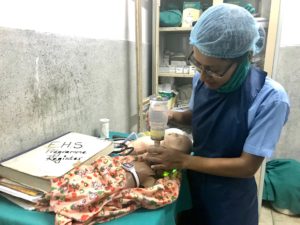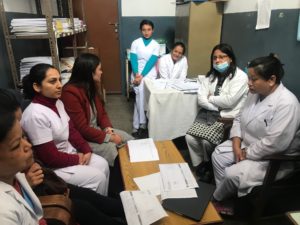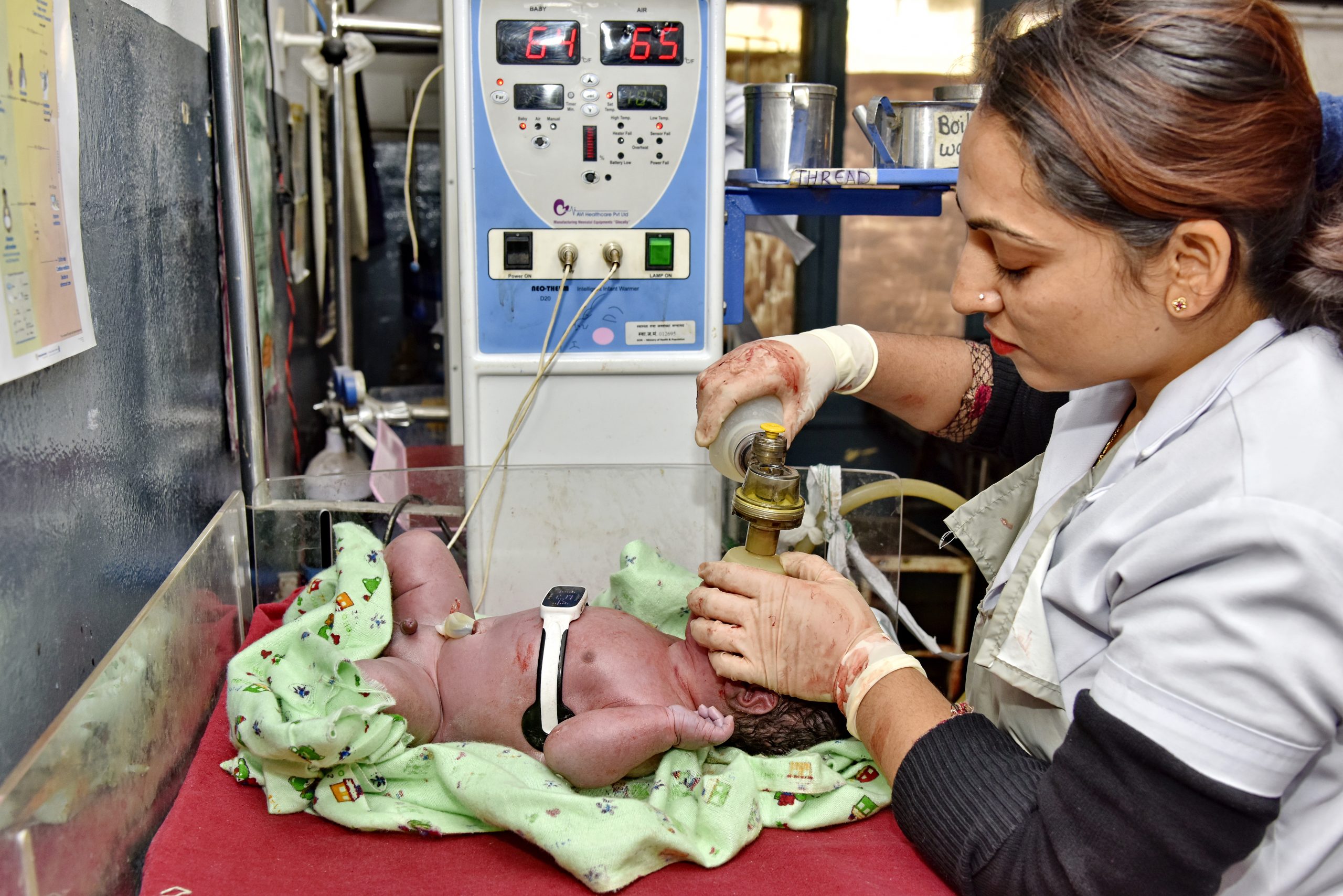
Rapid Feedback for quality Improvement Neonatal Resuscitation (REFINE)
- Overview
Rapid Feedback for quality Improvement Neonatal Resuscitation (REFINE) Study
The REFINE study is being carried out in Pokhara Academy of Health Sciences/Western Regional Hospital in Pokhara since November 2018. The aim of the study is to improve maternal and newborn outcomes by capacitating health workers with the use of high-end technologies, Moyo fetal heart rate monitor and NeoBeat newborn heart rate meter which provide real-time heart rate feedback of foetus and newborns respectively. The study is supported by Laerdal Global Health, Stavanger, Norway.
The health workers were provided orientation and training on how to use Moyo and NeoBeat. In this study, Moyo is used when a pregnant woman enters into the active stage of labour to continuously monitor foetal heart rate (FHR). Also, after a baby is born, the NeoBeat is affixed to the newborn to assess heart rate instantly. These two devices will guide health workers for timely decision-making should any obstetric and newborn complications occur and intervene accordingly. Data collectors are available round the clock in the labour room to collect information on the use of Moyo and NeoBeat in labour room. They also collect data using tablet-based application (Liveborn App) for every newborn.
Based on the dashboard created every month from the app, Plan, Do, Study, Act (PDSA) meeting is held to discuss on the issues related to resuscitation parameters (suctioning & time to first ventilation). The meetings serve as a platform to discuss and analyse possible shortcomings and improvements to be made in the performance of health workers working in labour room.
Related Project
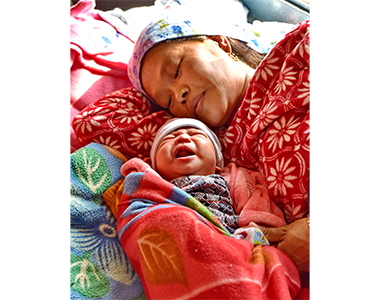
Implementing Respectful Maternity Care (RMC) Intervention to Improve Perinatal Mental Health
Several studies in low- and middle-income settings have shown that mistreatment and disrespectful care during childbirth is a major...
Learn More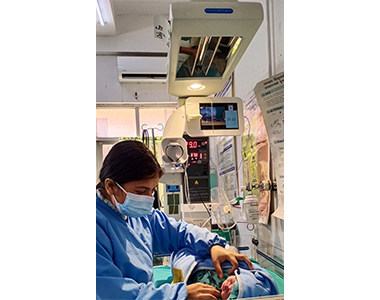
Improving Adherence to Neonatal Resuscitation Using Machine Learning at Quality Improvement Approach (Pre-MALA)
High quality neonatal resuscitation is a key to save newborn lives, prevent brain injury and optimize child development, yet...
Learn More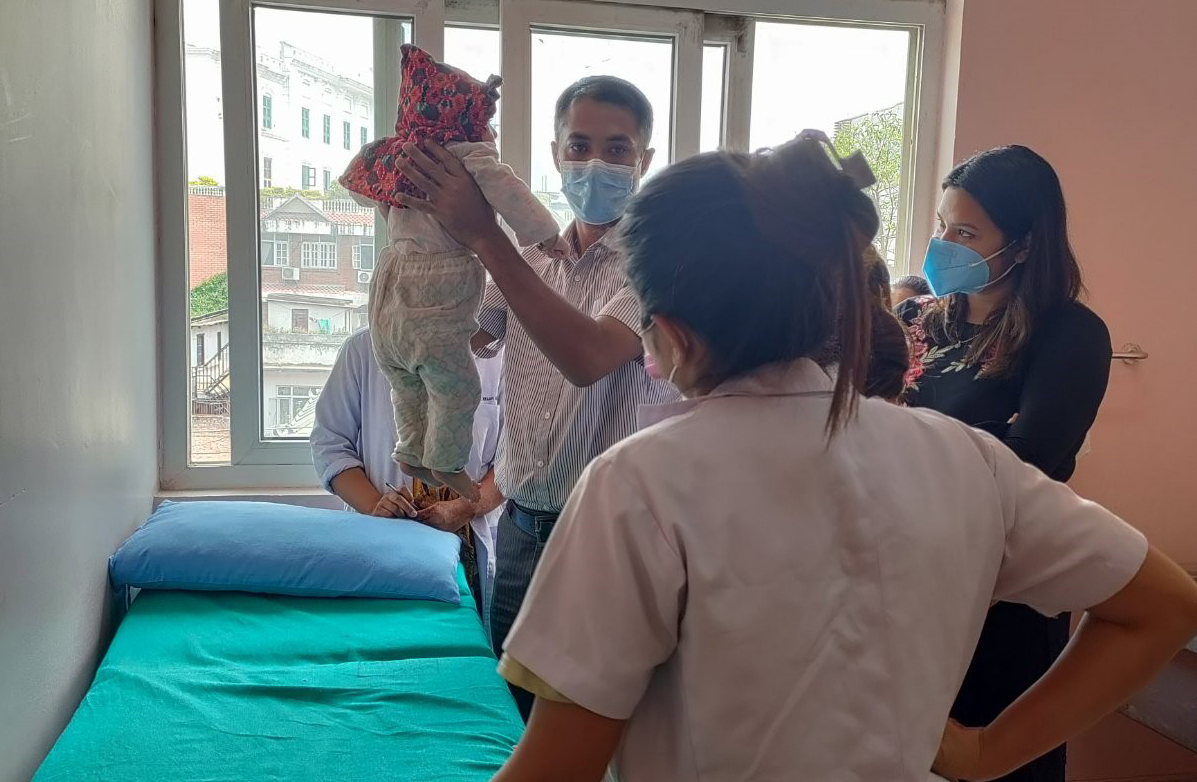
Feasibility of Remote General Movements Assessment (GMA) for Early Recognition and Rehabilitation of Cerebral Palsy in Nepal
Cerebral Palsy (CP) is a syndrome of non-progressive movement and posture disorder caused by damage to the developing brain...
Learn More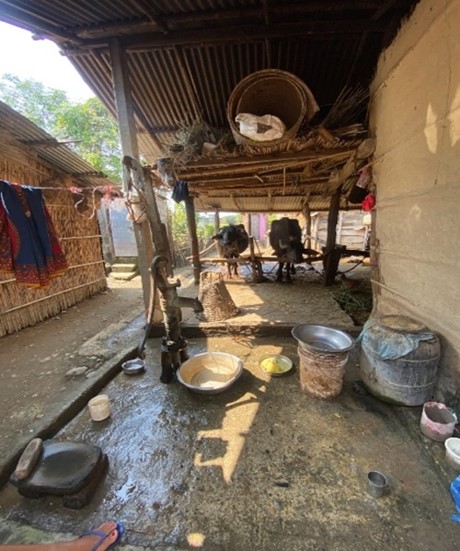
Navigating Food Insecurity During the Pandemic: The Role of Social Networks Among Pregnant Women in Nepal
Food insecurity is defined as a state in which an individual “lacks regular access to sufficient, safe and nutritious...
Learn More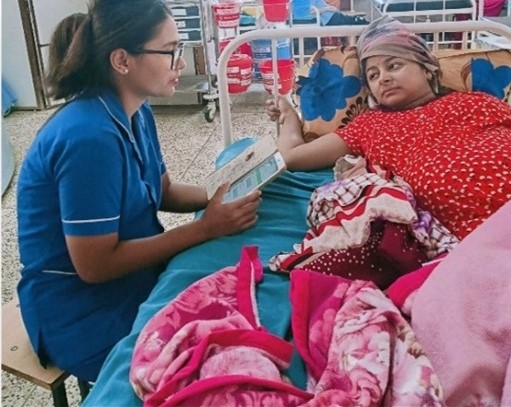
Investigating heat wave risk perception, vulnerability and adaptation among pregnant women
Over the past 15 years, Nepal has experienced a series of catastrophic weather events, with the Terai region emerging...
Learn More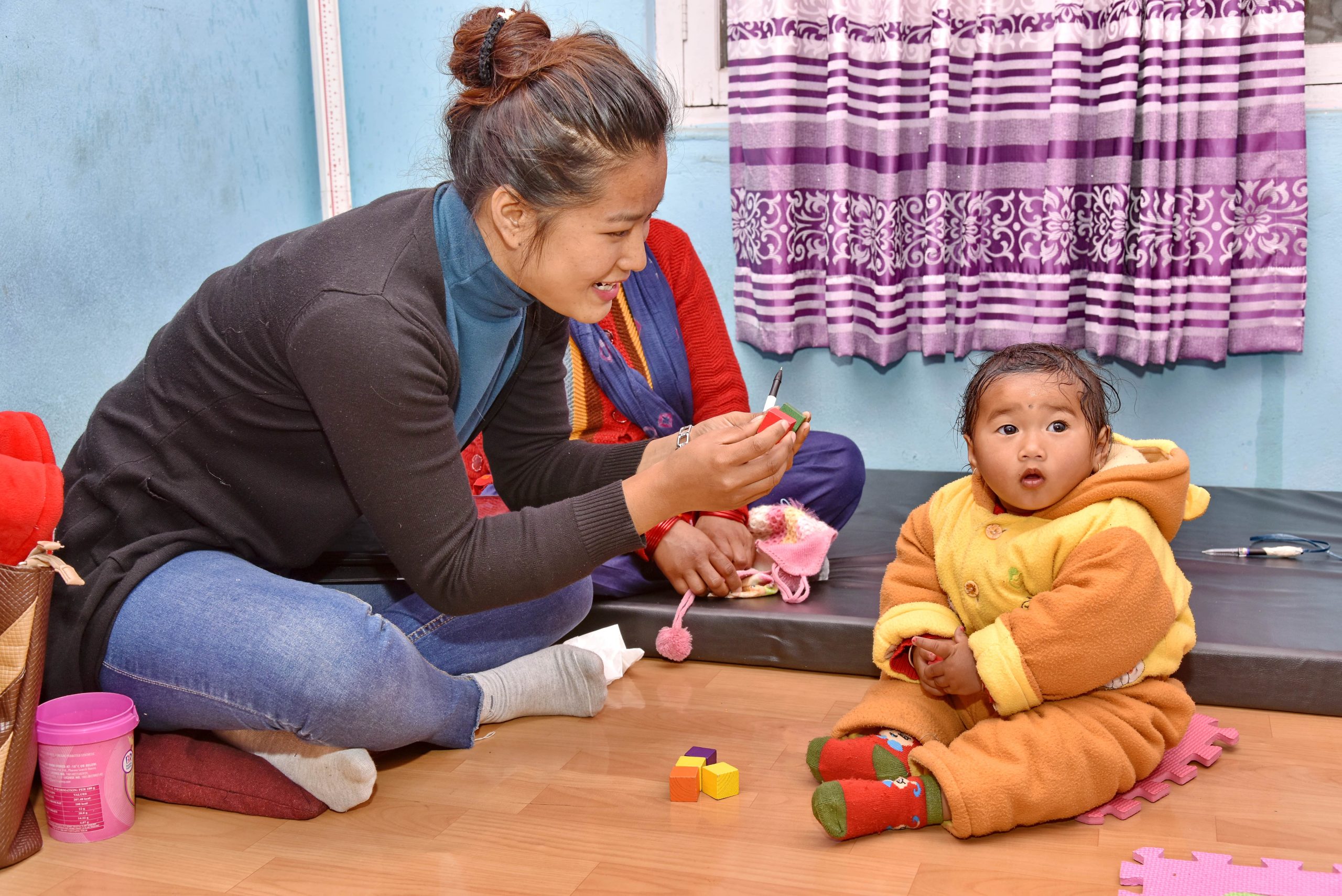
Every Newborn – Simplified Measurement Integrating Longitudinal Neuro Development and Growth (EN-SMILING)
In low- and middle-income countries, there has been a noticeable decline in mortality rates among children under 5 years...
Learn More
